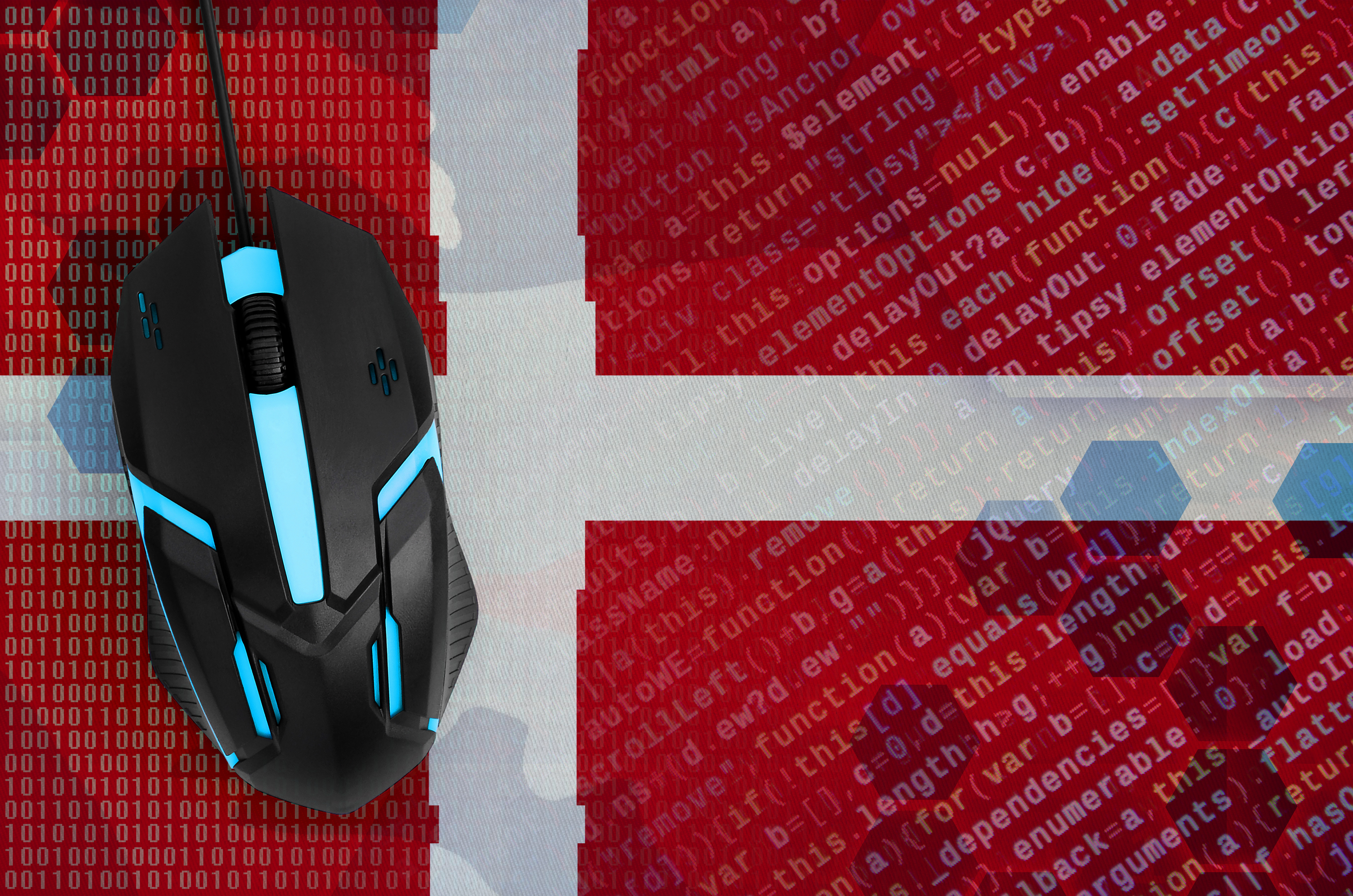Criminals in Denmark are using a wide range of tactics to steal Danish consumer savings, scamming Danes out of $2.82 billion in the last 12 months alone – a 62% increase from the year before.
Deepfakes Have Arrived
The media has reported extensively on fraudsters stealing bank cards and PINs from homes as part of elaborate – but low-tech – safe account scams, but a new report from the Global Anti-Scam Alliance (GASA) and BioCatch shows nearly half of the 556 Danes surveyed had also received an AI-generated video scam. This is especially interesting when compared to GASA’s State of Scams in Sweden report, which found only 5% of respondents in that country reported seeing deep-fake technology used to lure victims.
Despair is Spreading
Both sides of the Öresund bridge apparently now share a sense of hopelessness when it comes to reporting scams and recovering losses. In Denmark, only 12% of those surveyed reported successful or attempted scams to law enforcement, and like Sweden, just 10% of scam victims were able to fully recover the money they lost.
Danes are clearly not happy with the way their banks are treating scams: 85% of those surveyed expected to be fully refunded should they fall victim to a scam.
Are Danes Ready for AI?
While nearly half of those surveyed say they placed trust in the old adage “if it looks too good to be true, then it probably is” when attempting to recognize a scam, 40% say they rely on spelling and grammatical errors to do so.
As criminals increasingly pivot to AI to help them concoct perfectly worded and punctuated scams in their victim’s native language, retail-banking customers will no longer be able to count on misspelled words to flag a fraudulent communique.
Consumers Need Help
Danes seem to be alone when it comes to discovering they’ve been scammed. One in four GASA survey respondents who identified as a scam victim say they had to work out for themselves a scammer had stolen their money. Only 5% of those victims said they learned of the scam from their bank.
Considering the low refund rate, lack of reporting, and 99% increase in total scams faced since 2022, it’s no surprise that scams are impacting Danes emotionally. Nearly 40% of survey respondents report scams had taken a large emotional toll on them, while only 8% say they’d experienced no emotional impact, painting a cold and lonely picture of the scam landscape in Denmark.
Defeating Scams Takes a Team
So what needs to be done to turn the tide? In my view, Danes need a greater level of support across the board: Banks need to be more proactive in spotting and stopping scams at their source; financial institutions, law enforcement, regulators, and private sector venders must work together to share intelligence just as fraudster do; information campaigns need to encourage opening up to friends and family to help make victims feel less isolated; and the nation needs to encourage Danes to report any scams they see or fall victim to, in hopes of giving the police a more accurate understanding of the expanding scope and scale of this problem.



